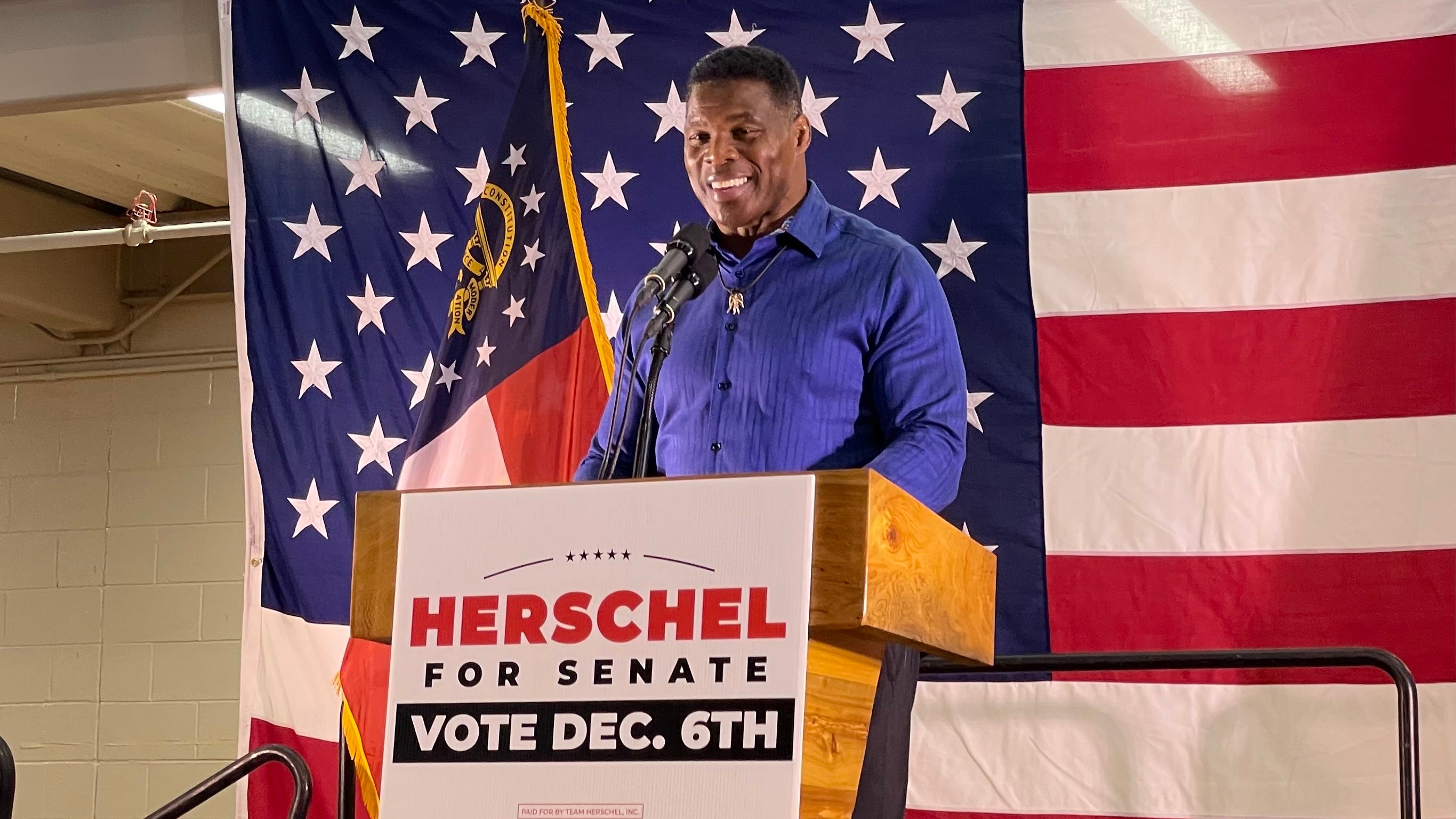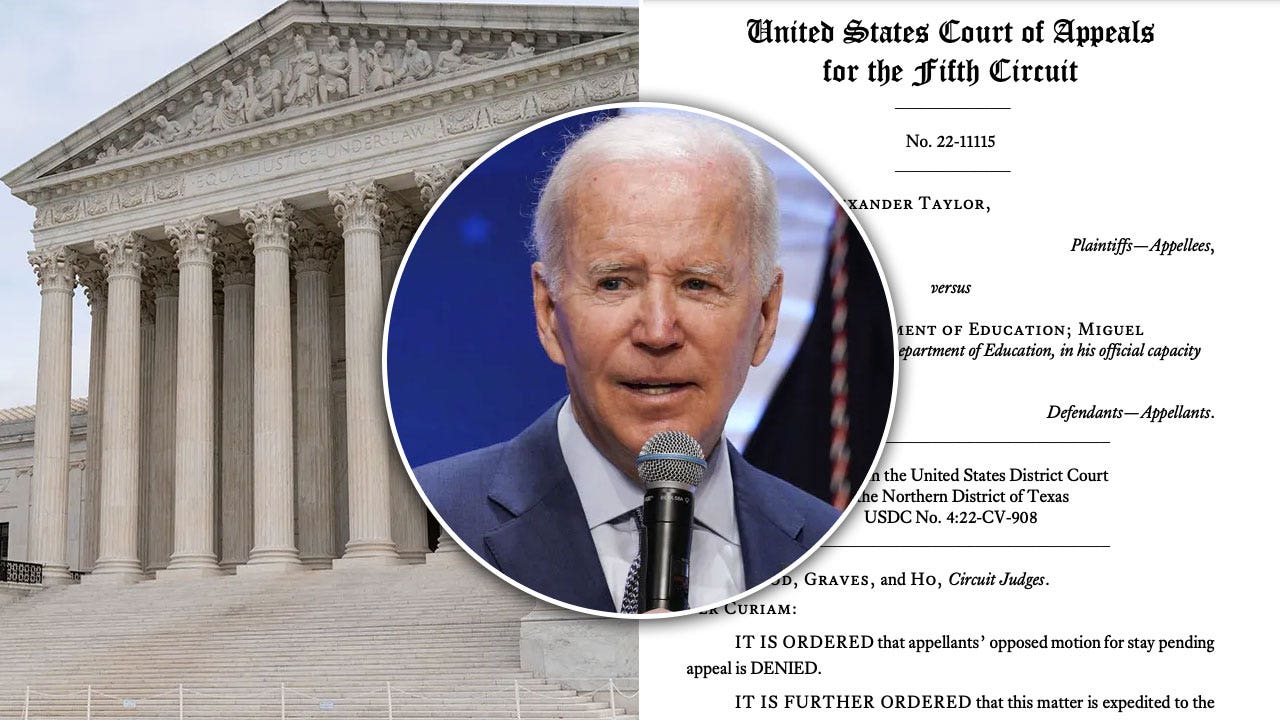You hear the old line from many progressive Democrats: Ditch the senate” target=”_blank”>Senate< Democrats approved several of those measures already. But perhaps some introspection is in order. Democrats can’t pass these House-approved bills because all 50 Senate Democrats aren’t aligned. Sure. Democrats have nominal control of the Senate, thanks to the tie-breaking vote of Vice President Kamala Harris. But you have to at least be able to count to 50 if you’re to have a snowball’s chance of getting things to work in your favor in such a narrowly divided Senate. And Democrats can’t necessarily do that on a host of subjects …
Yet.
It still takes 60 votes to overcome a legislative filibuster in the Senate. That means if Democrats are all in lockstep, they still must siphon off 10 of their GOP colleagues to advance legislation. But Democrats will have to wrestle with that conundrum later. Right now, they lack the votes to advance any of these big policy items important to core Democrats on their own. So, the filibuster is a moot point.
BIDEN MEETS WITH CONGRESSIONAL LEADERS, JOKES HE’LL ‘SNAP MY FINGERS’ TO REACH COMPROMISE
Let’s start with firearms bills. The congress” target=”_blank”>House<
“Will they offer new ideas to protect voting rights or will they side with Republican legislatures in a way that hurts African Americans, Hispanics and younger Americans?” asked Schumer.
It’s possible we could have several iterations of an “infrastructure” bill over the coming months. The precise contours of such an expansive piece of legislation are hard to predict right now. And, joe-biden” target=”_blank”>President Biden<
The 23rd Amendment to the Constitution granted Washington, D.C., residents the right to vote and awarded the District of Columbia three electoral votes. Some Constitutional scholars contend Congress and the states must repeal the 23rd Amendment first in order to grant most of the city statehood. The problem is that the current bill would morph a sliver of the city into the District of Columbia – a political subdivision required by the Constitution. The new state would get one House member and two senators – just like any other state its size. But what is unresolved is the 200 or so people who reside in the remaining “District of Columbia.” Do those citizens get to vote in local elections? Do they also get three electoral votes?
In short, the Washington, D.C., statehood bill barely got through the House, 216-208. Muscling it through the Senate may be the most challenging of all of these bills. But, Democrats can’t yet conjure up at least 50 votes on their side.
Fox News inquired with Schumer about how Senate Democrats may navigate such a tight margin when all 50 Democrats may not align.
“We have discussions in our caucus all the time. Our leadership team is broad. It goes from Sen. Bernie Sanders to Joe Manchin. And in the past we have come together on every major issue,” said Schumer.
Vanderbilt University political science professor Bruce Oppenheimer said Democrats understand the legislative limits of their majority.
“You’re not necessarily going to get everything done,” said Oppenheimer.
But he noted the Senate has struggled with narrow majorities since the mid-1990s. The Senate was also tied in 2001 and 2002. And, conversely, sometimes, a bigger majority creates more issues.
“[Senators] can go to the Leader and say you don’t need me for this [vote],” said Oppenheimer. “When you have only 50 senators, you only have a couple who are in electorally difficult circumstances.”
Thus, senators may stick together on more challenging subjects.
But, if Democrats lack at least 50 yeas, don’t blame the filibuster.
 Iktodaypk Latest international news, sport and comment
Iktodaypk Latest international news, sport and comment




